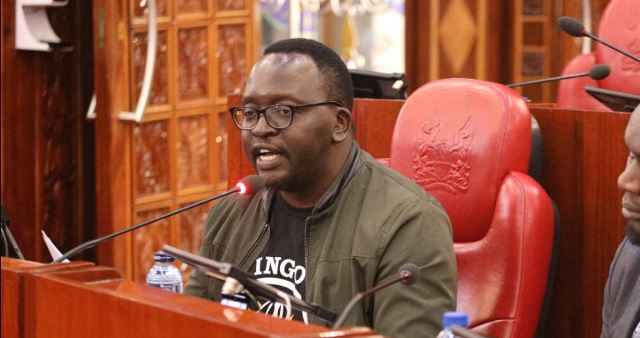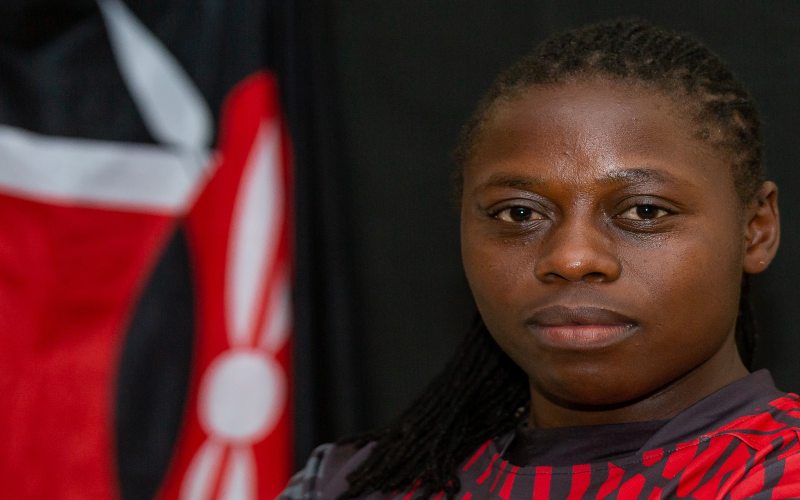Private hospitals protest delayed SHA claims, say most facilities in distress

Private hospitals have raised concerns over serious delays in the approval and settlement of claims under the Social Health Authority (SHA), saying the situation is worsening and putting major pressure on healthcare delivery across the country.
Speaking before the National Assembly Health Committee, the Rural and Urban Private Hospitals Association of Kenya (Rupha) said 53 per cent of claims made by their member facilities remain unresolved due to slow processing.
More To Read
- Over 29,000 Kenyans die of cancer yearly as high costs force them to abandon treatment
- ‘Terrible state’: Senators outraged by lapses, mismanagement at Kiambu Referral Hospital
- Teachers’ medical benefits expanded as SHA cover replaces Minet from December
- Teachers’ Unions demand clarity as TSC plans to move 400,000 educators to state health scheme
- Ministry of Health announces measures to reduce maternal, newborn deaths
- SHA faces Sh30 billion backlog despite Sh81 billion collected since inception
The association explained that many hospitals are now stuck because the claims are handled by a third party that is hard to reach, making follow-ups difficult and frustrating.
Rupha chairperson Dr Brian Lishenga noted that the group is struggling to get feedback or support, even in cases where hospitals need urgent clarification.
He did not reveal the exact amount of money owed but pointed to the inefficiency in outsourced claims management as a key problem.
“We are experiencing challenges in handling claims because it is being done by a third party, to the extent that if a hospital has an issue, it does not know who to contact because it is outsourced. When you have claims pending, you hardly get the answers, and 90 per cent of those made have not been paid. We ask the committee to help us entangle the claims management,” Lishenga said.
The association warned that the rollout of Universal Health Coverage (UHC) faces serious risks if the current issues are not urgently addressed. They cited problems such as lack of funding, weak implementation structures and poor transparency as key threats.
The committee, which is chaired by Seme MP James Nyikal, has been meeting with stakeholders from private and faith-based health institutions to gather views on the UHC rollout, the shift to SHA, and key policy matters around the changes.
Dr Lishenga also proposed that the government invest in a mixed digital health framework that combines the SHA provider portal with other established technology platforms. He said such a system would promote innovation, improve compliance, and allow more independence for service providers.
“We support a national strategy that blends the strengths of the SHA provider portal model with those of Integrated Health Technology Systems, ensuring compliance, innovation and provider autonomy,” he said.
Rupha is also pushing for a well-defined vendor accreditation model, urging that the Digital Health Agency (DHA) should take charge of accrediting digital systems. They proposed that selection should be based on public and clear criteria, such as the ability to support biometric verification, to encourage inclusion of local providers.
They further called on SHA to adopt a rules-based digital system with up-to-date benefit packages, clearly documented policy changes, and pre-approval guidelines. This, they said, would reduce confusion during billing and help health providers stay compliant.
The association reminded lawmakers that Section 35 of the Social Health Insurance Fund Act requires the creation of a Claims Management Office, which should oversee the review and validation of claims, issue pre-authorisations, manage electronic claims systems and detect possible fraud, based on the level of risk the Fund faces.
Top Stories Today












































